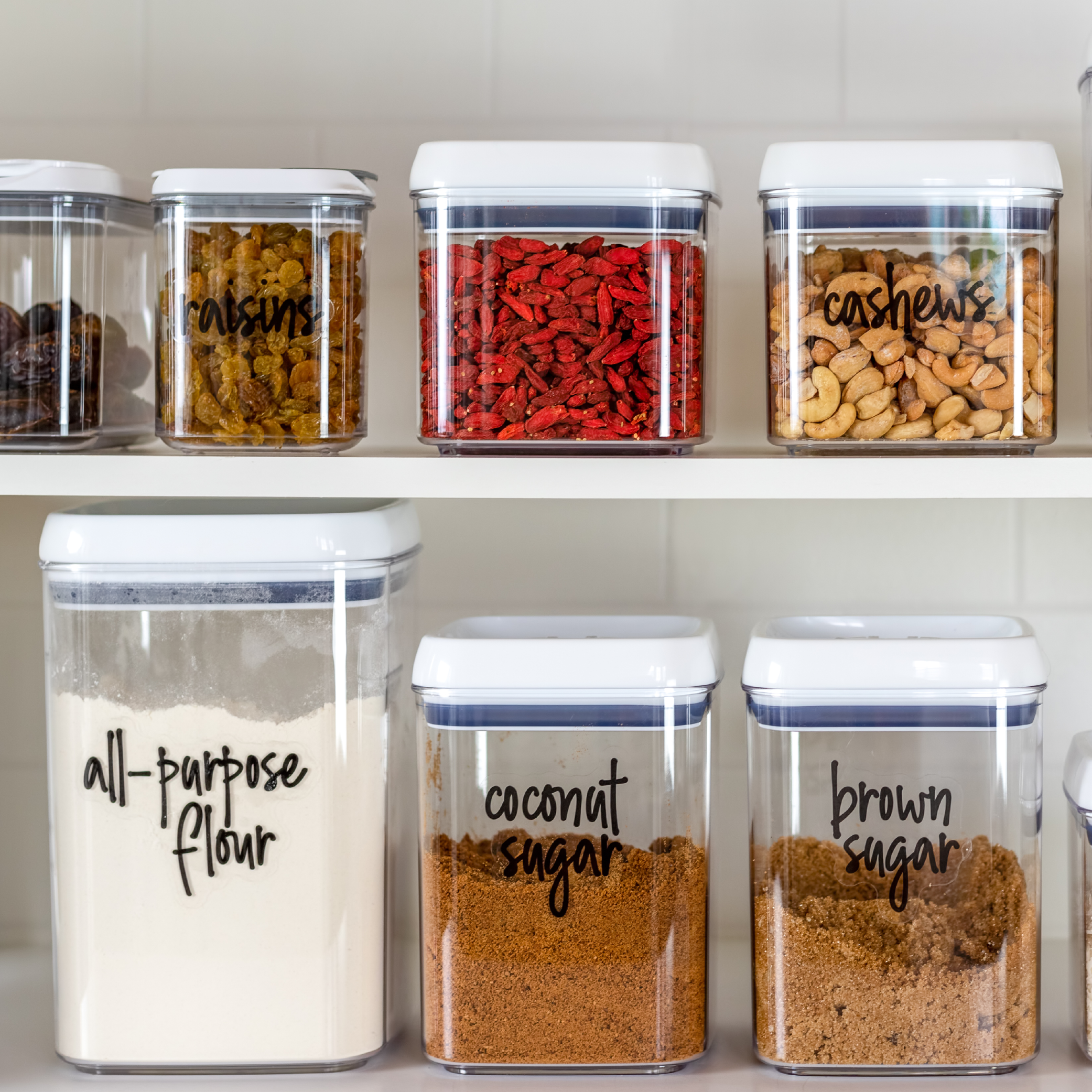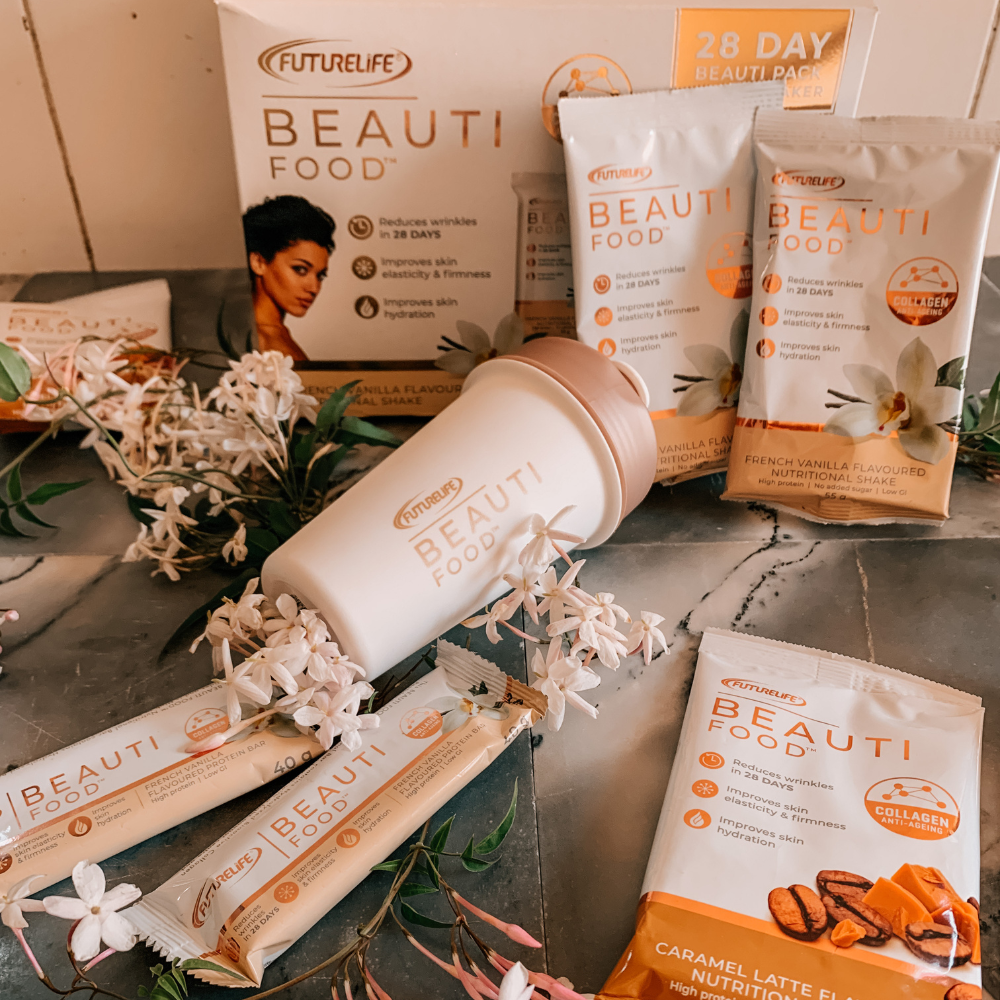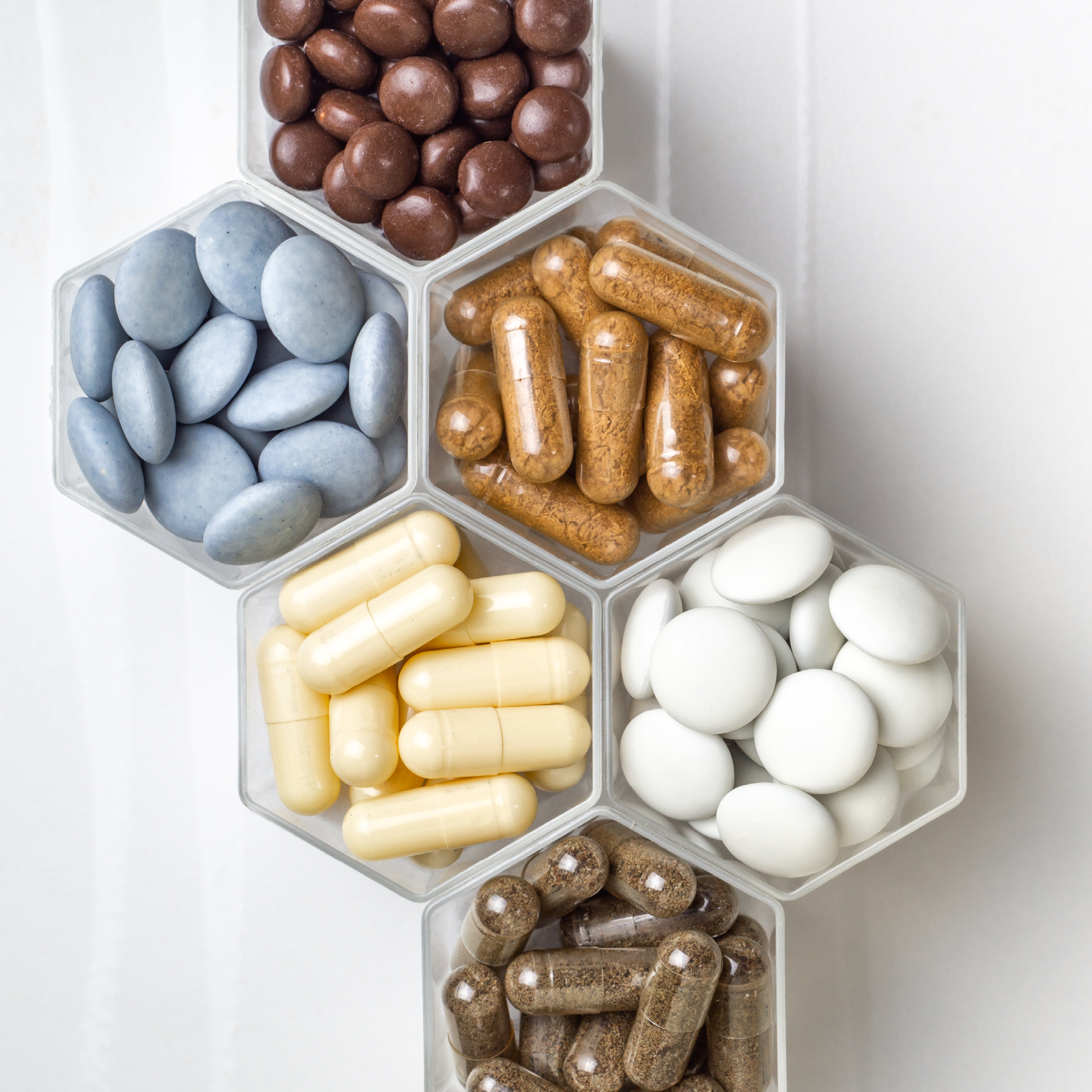ACHIEVING YOUR NEW YEAR’S RESOLUTIONS WITH FUTURELIFE®

We all fall under the pressure of new year’s resolutions. Terms like new year, new me come to mind. These resolutions often comprise of healthy eating behaviour and physical activity goals. We are however often left disappointed when we set unrealistic goals which we realize we fall short of before the first quarter of the year is over. We feel frustrated and can then easily throw in the towel.
Don’t get me wrong, there is nothing wrong with setting personal goals and doing your utmost to achieve them, but we must be SMART about setting these goals to avoid disappointment. Yes, we are going back to basics, how to set goals the SMART way:
S: specific. Set goals and deadlines that are direct and detailed. E.g. “this year I will run my first half marathon in April”.
M: measurable. Set goals that can be measured. This way you can track your performance. Break a big goal up into smaller, measurable goals.
A: attainable. Be sure that your goal is realistic and that you have the resources to obtain it.
R: relevant. Set goals that are in line with your overall life plan.
T: time – based. Goals should have deadlines.
Reaching your physical activity and healthy eating goals can be intimidating. Here are some SMART goals that are perfect to achieve your physical activity and nutrition resolutions:
Incorporate protein in all your meals and snacks
A diet providing adequate amounts of protein holds many benefits. Not only does protein aid in muscle building and recovery post workout, protein can also aid in weight loss. Including protein in most of your daily meals and snacks can help curb your appetite aiding in weight loss, especially fat loss while maintaining and even improving lean muscle mass. There are many sources of protein to suit every meal and snack during the day. Include low fat dairy products, beans, nuts, legumes, soy, eggs, fish, meat and chicken to reap all the benefits of a high protein diet.
Don’t skip breakfast
Breakfast is the easiest meal to prepare, and if done correctly, can contribute the bulk of your daily vitamin, mineral, fibre and protein requirements. Consuming protein during breakfast has shown to increase satiety throughout the entire day, therefore aiding in weight loss. FUTURELIFE® offers a variety of high protein breakfast options. To view the entire range of FUTURELIFE® products visit www.futurelife.com
Eat appropriately before and during exercise
Reaching your fitness goals can be greatly affected by your nutrition choices pre-, during and post workout. The protein content and glycaemic index (GI) of these meals and snacks are very important to ensure that you obtain your desired outcome. To learn more read the article “nutrition before, during and after running applicable from novice to elite” on our website.
Keep hydrated
Keeping hydrated is not only important when you are exercising, but throughout your entire day. Including 6-8 glasses of fluid is the general aim, and although this does not have to consist solely of plain water, ensure that you do not include sugar sweetened beverages regularly. Sugar sweetened beverages contain more sugar than you might think, contributing to weight gain, uncontrolled energy spikes- leading to consequent energy lows- and even tooth decay. Rather include sugar-free alternatives or flavour your water at home with freshly cut fruits like lemon or strawberries.
Include unrefined carbohydrates daily
Yes, carbohydrates can be healthy, and a balanced diet should consist of unrefined carbohydrates. Basically, when the fibre component of grains is removed these grains become refined. The consumption of big amounts of refined carbohydrates daily can lead to weight gain, heart disease and diabetes. However, high intake of unrefined, fibre rich carbohydrates have shown a protective effect against these conditions. Unrefined carbohydrates include whole grains like whole wheat, brown rice, popcorn, oats and whole grain breads, legumes including lentils and beans and fruits and vegetables.
Move more
Physical activity has numerous health benefits including weight management and disease risk reduction but changing from a couch potato to a fitness guru can be very intimidating. Find a physical activity that you enjoy and start off slowly. Then set weekly goals that are SMART. It is recommended that we should do 150 minutes of moderate intensity activity every week. By spreading 150 minutes of physical activity throughout your week, it already seems more achievable. This means that you will need to exercise for about 30 minutes a day for five days a week. Moderate intensity activity requires your heart rate and breathing to accelerate. Typical activities include brisk walking, dancing, aerobics and gardening.
Conclusion
Physical activity and healthy eating habits work hand-in-hand to help you reach your health and fitness goals. By setting SMART new year’s resolutions you will be able to stay motivated in reaching these goals. Include at least 150 minutes of moderate intensity exercise and fuel your body with superior nutrition to make 2020 your year!
WHERE DOES FUTURELIFE® FIT IN
FUTURELIFE® ENERGIZE® is the perfect high energy meal or snack to aid in your nutrition and physical activity new year’s resolutions. FUTURELIFE® ENERGIZE® is high in 19 vitamins and minerals and is a source of plant-based protein. In its dual pouch packaging, that separates the purified water from the nutrient dense powder, FUTURELIFE® ENERGIZE® is the perfect meal or snack to keep on hand at the office, in your car or even your gym bag without running the risk of it spoiling. Once you’re ready to have your FUTURELIFE® ENERGIZE®, simply squeeze the water chamber to break the seal that separates the two compartments and mix the water and powder by shaking the bag. That’s it! Your FUTURELIFE® ENERGIZE® is ready to drink, making it the perfect on-the-go meal that is suitable for the whole family. FUTURELIFE® ENERGIZE® can be consumed as a meal, snack or a pre- and/ or post workout drink.
REFERENCES
- Phillips MS, Chevalier S and Leidy HJ. 2016. Protein “requirements” beyond the RDA: implications for optimizing health. Appl. Physiol. Nutr. Metab. 41: 565–572. http://dx.doi.org/10.1139/apnm-2015-0550
- Gwin JA and Leidy HJ. 2018. A Review of the Evidence Surrounding the Effects of Breakfast Consumption on Mechanisms of Weight Management. Advances in Nutrition 9(16):717-725. https://dx.doi.org/10.1093%2Fadvances%2Fnmy047
- Pallazola VA et al. 2019. A Clinician's Guide to Healthy Eating for Cardiovascular Disease Prevention. Mayo clinic Proceedings 3(3):251-267. https://doi.org/10.1016/j.mayocpiqo.2019.05.001
American Heart Association (https://www.heart.org/)









